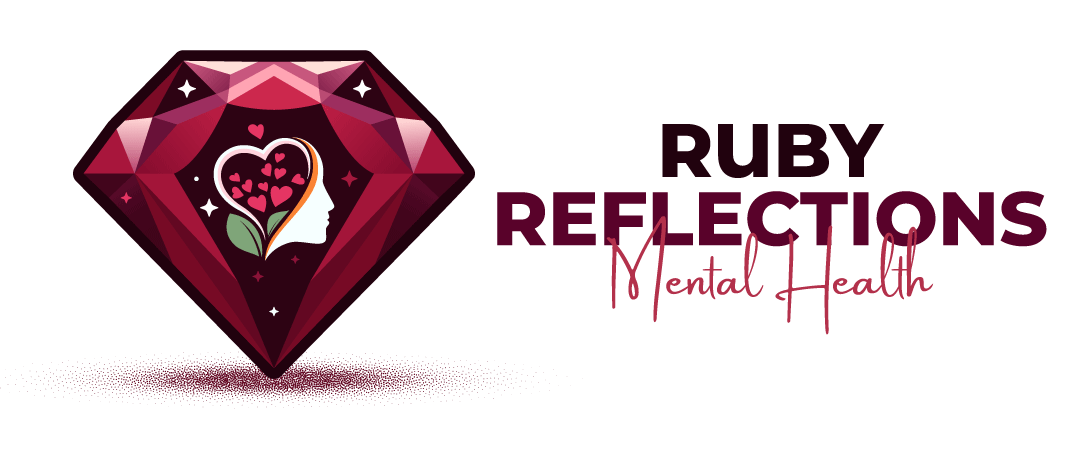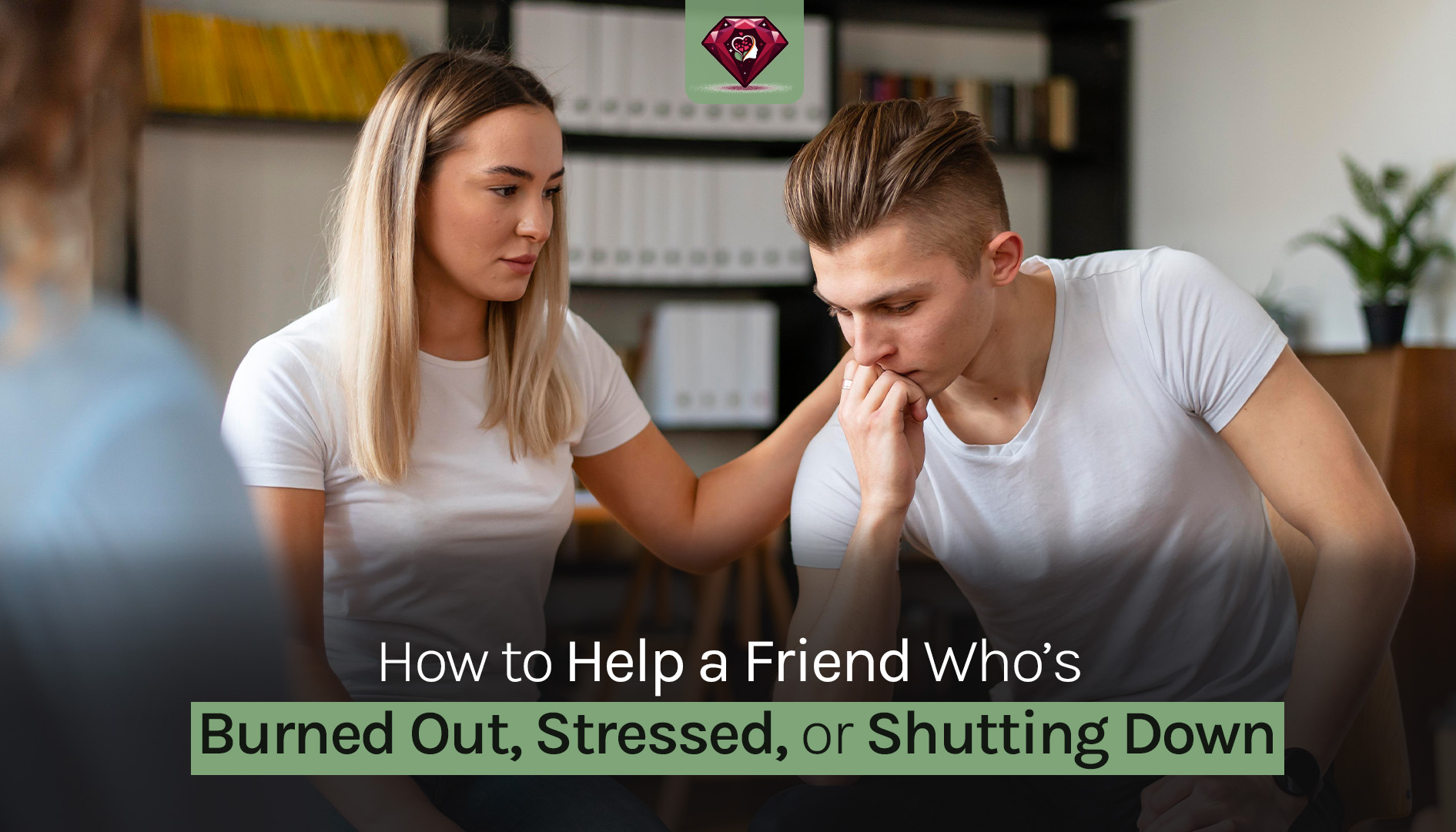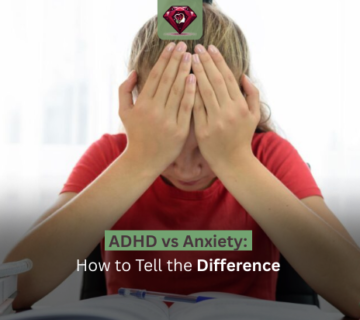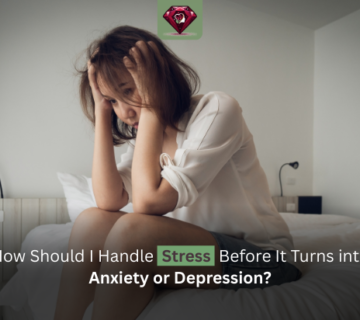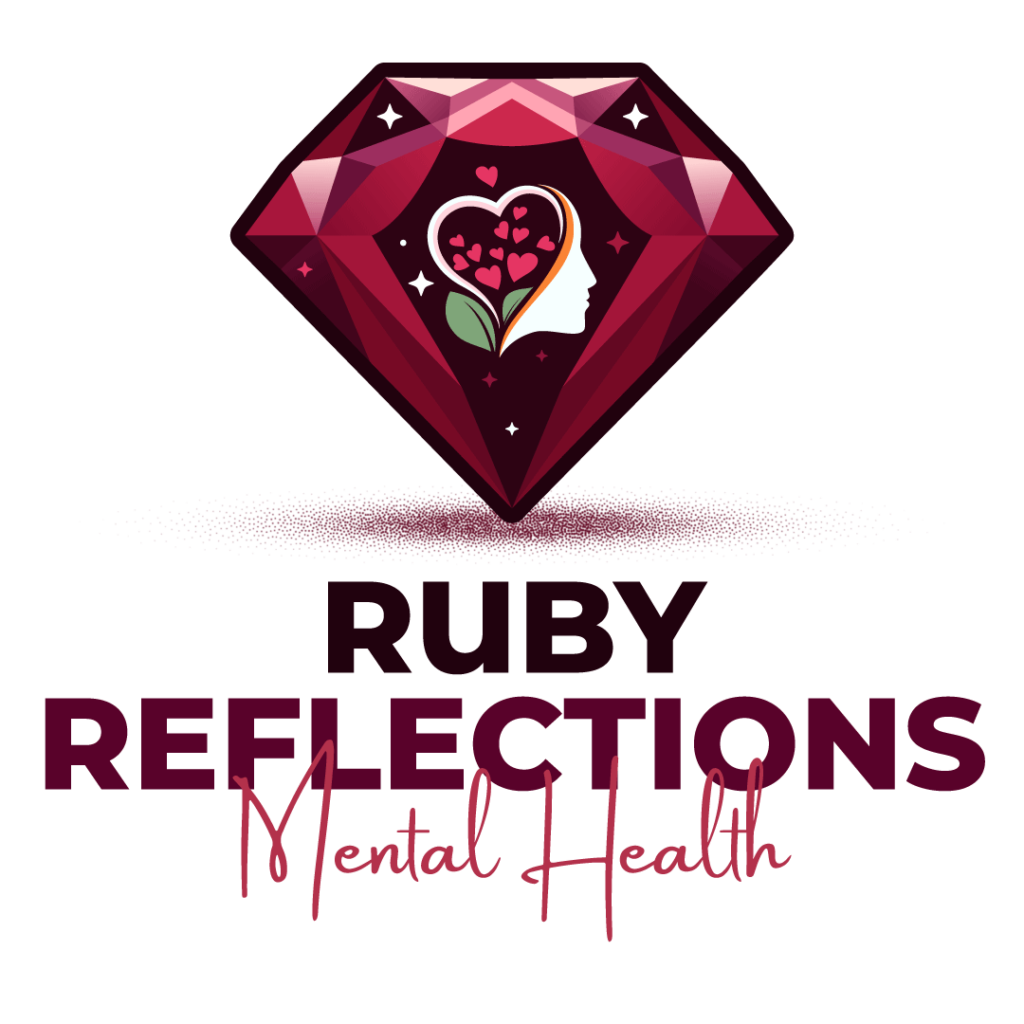You’ve probably been there before, watching someone you care about slowly fade into exhaustion. They’re not the same person they used to be.
Perhaps they are unusually quiet or cancelling plans, or perhaps they are just completely exhausted.
When a person close to you experiences burnout, you just want to do something about it, and it becomes confusing what to do in particular.
It doesn’t mean helping a friend through burnout is about having all the answers. It means showing up in the right way.
Knowing When Your Friend Is Really Struggling
Sometimes the signs are vague. On the surface, your friend will continue working; everything appears to be okay, yet something is wrong.
They can also become more irritated, forget what they normally would not forget, or simply feel closed off.
It’s easy for a person to completely miss the subtle signs of burnout.
Monitor any deviations from their usual behaviors:
- Whether they are sleeping more or less than usual
- If they no longer enjoy activities they once found fun
Listen to your intuition. When something is wrong with the way your friend acts or feels, then there is something you are likely to notice.
Simple Ways to Show You Care
You don’t have to become a therapist; just being there will do.
Send that text telling them you’re there without needing an instant response.
Offer help instead of asking them to inform you if they need anything.
Perhaps you can:
- Bring them dinner
- Walk their dog
- Just sit with them without anticipating talking
Knowing someone notices their struggle and doesn’t judge them for it makes all the difference in the world.
Finding the Right Words
Words are very powerful, particularly when already in a sensitive position.
Unsolicited advice should not be given until they directly request it.
In most cases; people only have to be heard.
Let them take the lead in the conversation for what kind of support feels helpful.
And at times, the most powerful thing to say is nothing at all; just listen without trying to solve or minimize their experience.
Safe Spaces for Connection
Go easy when a friend is open to letting it all out.
The atmosphere should be kept low-key to allow them to simply be themselves instead of feeling pressured to act and pretend that everything is going on well.
This may involve meeting at a quiet place instead of some busy restaurant, or perhaps you could just offer to go sit at their place together.
Do not put any pressure on being “on” or entertaining.
Connection does not necessarily involve deep talks. It can be something so simple as spending time together, watching a movie or taking a walk.
When to Suggest Professional Help
The line between being supportive and being aware of the need to seek professional help is very thin.
Perhaps you could calmly advise your friend to talk to someone who has been trained to assist them when the subject of self-harm is brought up or when they appear to be having a major issue with everyday life or that they are increasingly less and less okay no matter how much you are trying to assist them.
You can then find resources or even go with them to an appointment should they wish.
The whole idea is to offer professional help as another form of support, not abandoning them.
Taking Care of Yourself While Supporting Others
Helping someone through burnout can wear you down emotionally. Taking time to establish boundaries is also necessary because you cannot pour out an empty cup.
Monitor the level of stress and make sure that you maintain your own support system.
There are times when the greatest act of love is demonstrating healthy boundaries.
It is not your call to heal your friend, but you can significantly contribute to the support system.
Ruby Reflections Mental Health Can Provide Support
Whether helping a loved one or seeing signs of burnout within yourself, Ruby Reflections Mental Health is here for you.
Our caring professional gets it: the stress, the burnout, and the challenges of life. Let us help you or your loved one today on that journey to wellness.
FAQs
How can you help a friend suffering from burnout?
- Listen
- Offer specific help
- Be patient
- Gently suggest professional support when the need arises
How to recover from stress burnout?
Recovery involves:
- Setting boundaries
- Getting rest
- Seeking professional help
- Gradually rebuilding energy through self-care practices
How do you even cope with stress and burnout?
- Identify stress triggers
- Self-care
- Consider professional support
- Have good and healthy work-life boundaries
How to help a friend who is stressed out?
- Be present
- Offer practical support
- Don’t give any unsolicited advice
- Encourage professional help
